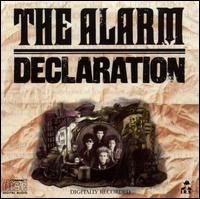Positioning As Startup Hypothesis
by Holland-Mark | June 8, 2011
Starting a business is betting your livelihood on a value proposition you believe is significant. Given that, it’s surprising how few startups take the time to make their core hypothesis explicit in the form of a written and agreed-upon positioning statement.
The formulation we use includes the following elements:
- target – an actionable universe of buyers,
- segment – the key, predisposing attribute of likely buyers within the target,
- brand – a name you call yourself,
- category – a competitive frame that helps the buyer understand what you do,
- distinction – what makes you unique within that competitive frame, and
- proof – perceived evidence that your claim of distinction is true.
String those things together, and you get a blurb that looks like this:
For [target] who are [segment], [brand] provides the [category] with [distinction] because of [proof.]
Examples from established brands:
- – For drivers who value automotive performance, BMW provides luxury vehicles that deliver joy through German engineering.
- – For people around the world, Coca-Cola is the soft drink that is the real thing since 1886.
- – For industrial manufacturers who are challenged to differentiate, BASF is the raw materials supplier that makes products better through engineering depth.
Can you articulate the hypothesis of your startup – the core value proposition on which you’re betting your livelihood – in the form of a positioning statement like that? If so, can you get your team to agree on it? And if so… Does it hold water?
Give it a shot. Worst case, you’re likely than not to get some clarity from the attempt.

